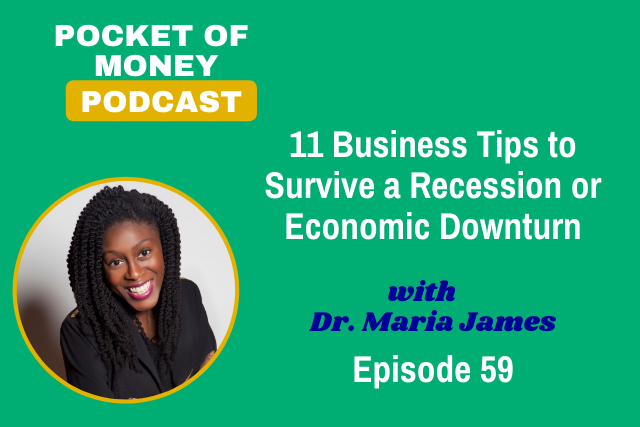10 Questions for Successful Financial Goal Planning


The point of setting a goal is to achieve a desired result in the future. It’s something that you want to make happen.
Goals can be set at any time. However, most people think of setting goals at the end of the year and at the beginning of the year. There’s something about a new year coming up that causes people to reflect and think about changes they want to make.
The majority of people make resolutions for the new year and then fall off track before the end of January. If you ask the right questions, create goals NOT resolutions, and plan then you can achieve your goals.
Set yourself up for success by answering these questions:
1) What’s my current financial status?
Look at all the numbers such as the amount of money saved, your debt balance, total monthly income, total monthly expenses, and net worth. These numbers will give you an idea of your current financial status.
2) What do I want my financial status to be by the end of the year?
After getting a better idea of your current situation, figure out exactly where you want to be and what can be accomplished in the next 12 months. Break this primary desired result into intermediary results or steps.
3) What’s my saving goal?
Determine how much money you are aiming to save this year. This dollar amount divided by 12 tells you how much you need to save each month. Make sure you have a saving line item in your budget. Try to save 20% of your income. Start where you are and work your way up. Do an annual budget to account for saving different amounts throughout the year if need be.
4) What’s my debt reduction goal?
Pick one of the two common debt elimination methods (snowball vs. avalanche). Include the debt elimination plan in your annual budget to keep track of your debt payments, put extra money to pay down debt as needed.
5) What assets will I acquire?
You likely have a list of items that are liabilities (items that decrease in value) you want to purchase. We all do. However, these take money out of your pocket. In order to build wealth you need to purchase items that will put money into your pocket. Also create a list of assets (items that increase in value) that you will purchase.
6) What wealth building vehicles will I use?
There are a number of different ways to build wealth and increase your net worth. Decide on which methods you will use. Design a strategy to determine startup costs and expected return on investment within 12 months.
7) What resources do I need to stay motivated and on track with my goals?
You can’t build a house without tools. The same applies to your financial house. Determine what resources you need in order maintain your motivation and continue making progress while working on your goals. For example, do you need budgeting tools, a financial planning resource, courses and knowledge.
8) What challenges do I anticipate? How can I prepare for them?
We wish it was easy, but it won’t be for your entire financial journey. There will be challenges and obstacles to overcome. Figure out what challenges you may encounter and prepare for those. Your motivational tricks, resources, and support network should help you get through the challenges that you can’t anticipate.
9) Are all my goals S.M.A.R.T.?
Make sure you didn’t write down wishes such as I want to save more money. Make all your goals are S.M.A.R.T. goals that are clear and concrete. S.M.A.R.T. stands for specific measurable attainable realistic time-sensitive. For example, “I want to save more money” turns into “I will save $5 every week for an entire year.”
10) What are my tricks to get back on the wagon if I fall off?
It’s quite possible that you may fall off with making progress on your financial goals. Life happens, motivation wanes, circumstances change. Have a plan to get back on track when this happens. Have a low to no cost de-stress activity that helps you reset.
Plan for your success. Ask yourself these questions as you review or design your goals.
Create a dynamic personal money strategy that takes into consideration your financial goals, saving strategy, debt elimination strategy, and more. Budget monthly or by paycheck. Check out the Financial Planning Roadmap 2nd edition.





